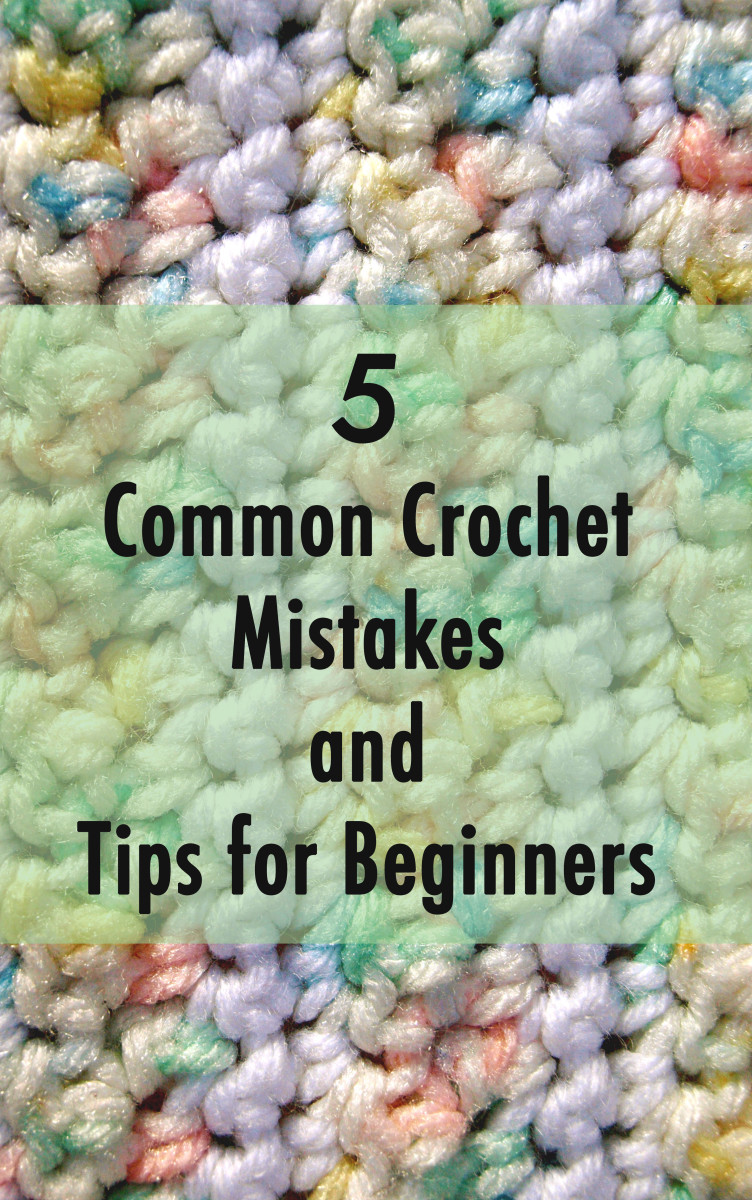Common Mistakes And Confusions In English Usage IX

This is the ninth hub about common mistakes in the usage of English and I think I am starting to get the hang of Roman numerals. I’m good until the 39th hub, which should be XXXIX. Not sure what forty is, but it is going to be quite some time before I need to check. Or maybe I’d do a hub on Roman numerals as I am getting curious as to how high these numbers can go. Anyway, for now, enjoy the hub.
Anybody / Anyone
Everybody / Everyone
Nobody / No one
Somebody / Someone
This is actually an easy one. The words in each of the four pairs are interchangeable. If you say that everybody knows somebody who nobody else knows, you can just as well say that everyone knows someone who no one else knows. Just remember that it is no one and not noone as noone is not a word.
But there is a slight difference as the words ending in body are considered more informal than the words ending in one. Furthermore, only nobody, somebody and anybody can be used as a noun, and when they are used as a noun they are not interchangeable with their corresponding words.
In the examples below, all the words ending in body are used as a noun and note that it doesn’t sound right if you substitute in the corresponding words:
- I’m nobody and he’s somebody, but despite our differences, everyone considers us a good match.
- If you are anybody, you will get an invitation to this year’s most exclusive dinner and dance.
Access / Assess
Access would be when you are able to enter a place or use something, such as when the hackers gain access to a web hosting account. Assess would be when you evaluate something or someone such as when a teacher assesses her students.
More examples for you to assess your understanding of the difference of access and assess:
- My access to the control room was denied and I would assess that it would take too long to bypass the security system.
- I would assess that my access to their computer would be denied after last Thursday’s fiasco.
Expanse / Expense
I can’t seem to find this pair listed as a commonly confused pair but this pair does fit the mold of similar pronunciation and spelling. Expanse would mean a wide or large area such as the expanse of the universe. Expense would be familiar to guys when they have to go to the expense of an expensive meal to impress a girl.
More examples on the use of expanse and expense:
- The expanse of the mall brought squeals of delights from the girls but made the guys hold on to their wallets just that bit tighter.
- They designed the prototype to be the cheapest notebook in the market, at the expense of speed and functionality.
- The expense of a plane trip over the Sahara was worth it when they saw the true expanse of one of the largest deserts in the world.
Proprietary / Propriety
While this is actually easy as the words have very different meanings, I still have to look up the spelling and the meaning of each word. Proprietary would have the meaning of belonging such as this information is proprietary to members only. Propriety, on the other hand, would be used when talking about established standards of behaviour or conformity to certain norms.
The following examples on the use of proprietary and propriety are not proprietary, and you may use them as you wish:
- Out of a sense of propriety, she decided that she would wait for him to pop the question, however long that may take him.
- There are many communication protocols for home automation modules, but Jim decided to design his own proprietary protocol for the automation system.
- In the interests of propriety, she decided to go for the one piece swimsuit instead of the two piece as she knew that the people in that country was quite conservative.
Pair / Pare / Pear
These words are homophones that have been kindly suggested by Twilight Lawns. While they sound the same, which is why they are called homophones, their meanings differ greatly, so it should be a breeze to tell them apart. A pair is a set of two, while a pear is a fruit and pare would be to slice thinly or trim.
More examples on the use of pair, pare and pear:
- Pare one of the pears of the pair and cut the other pear into two.
- Pair off the twins and let them decide how to go about getting the pears down from the roof of the attic.
- Pare off a little more and the stick should fit very nicely into the hole in the ground.








